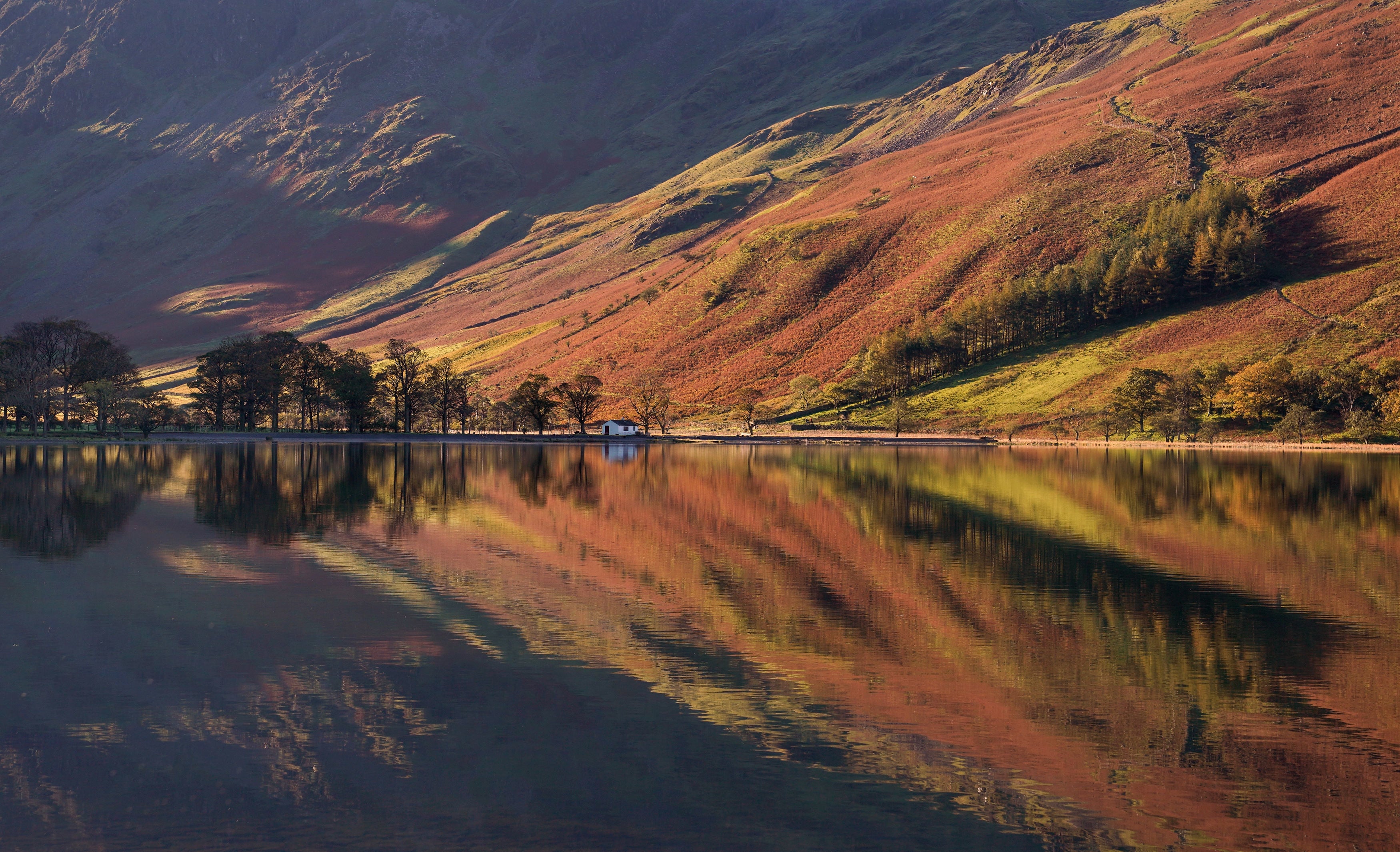England’s natural assets are in serious decline, warns expert committee
The government has been criticised for ‘limited progress and some worrying declines’ when it comes to protecting the environment, writes Tom Batchelor


From the South Downs to the North Pennines, England boasts dozens of breathtaking natural wonders.
But a nation of self-declared nature-lovers has allowed its natural assets to fall into serious decline, an expert panel has warned.
A report by the Natural Capital Committee, established to advise the government on how to deliver on its pledge to improve the environment, said soil quality, land and wildlife were all being neglected.
In five of the seven areas it examined – freshwater, marine, soils, plants and wildlife and land – England's natural environment is deteriorating, the committee found.
Just 14 per cent of rivers are in a good ecological condition and none are in good condition when it comes to chemical pollution, the report noted, while an estimated 22 per cent of water currently put into the supply is lost through leakage, equating to around 3 billion litres of water per day.
Bee and hoverfly species have declined by nearly a third between 1980 and 2016 and warming seas, reduced oxygen, ocean acidification and sea-level rise are already affecting UK coasts and seas and marine life living in them.
Only half of England’s nature reserves (51 per cent) are in a favourable condition and when it comes to the condition of soils, erosion, intensive farming and development is resulting in losses of at least £900m a year for England and Wales, it said.
In the remaining two areas, atmosphere and minerals, which includes household waste and recycling, there was no change in progress.
Household recycling rates have plateaued at around 44 per cent since 2013, and airborne ammonia levels, most of which comes from agriculture, are not on track to meet reduction targets.
Dieter Helm, a professor at Oxford University and chairman of the committee, warned it was “now looking very likely the next generation will inherit a poorer set of natural assets”.
He said: "Nearly a decade has passed since the government committed to leaving the environment in a better state for the next generation.
"Our report highlights the limited evidence of progress and some worrying declines.”

The Natural Capital Committee was set up in the wake of a pledge in 2011 by the government to be the first generation to leave the environment in a better state than it was found.
This latest, and last, report before the committee's second term finishes at the end of 2020, is part of work to help the government implement the 25-year environment plan published in 2018.
Prof Helm added: "With the Environment Bill to return imminently to parliament, the government has a once in a generation opportunity to transform our environment.
"It is vital that we measure the state of our natural assets and then target interventions to improve the environment in a coherent way.
"We can be green and prosperous, but it will not happen by default."
An environment department spokesperson said the government had made "significant progress" implementing the 25-year environment plan, and that in the last year ministers had introduced the Environment Bill which sets out the vision to protect the natural environment for future generations.
"As we rebuild our economy in response to the coronavirus pandemic, we are committed to shaping a cleaner, greener and more resilient society to protect and restore our natural environment and diverse ecosystems," the spokesperson said.
Join our commenting forum
Join thought-provoking conversations, follow other Independent readers and see their replies
Comments

Bookmark popover
Removed from bookmarks